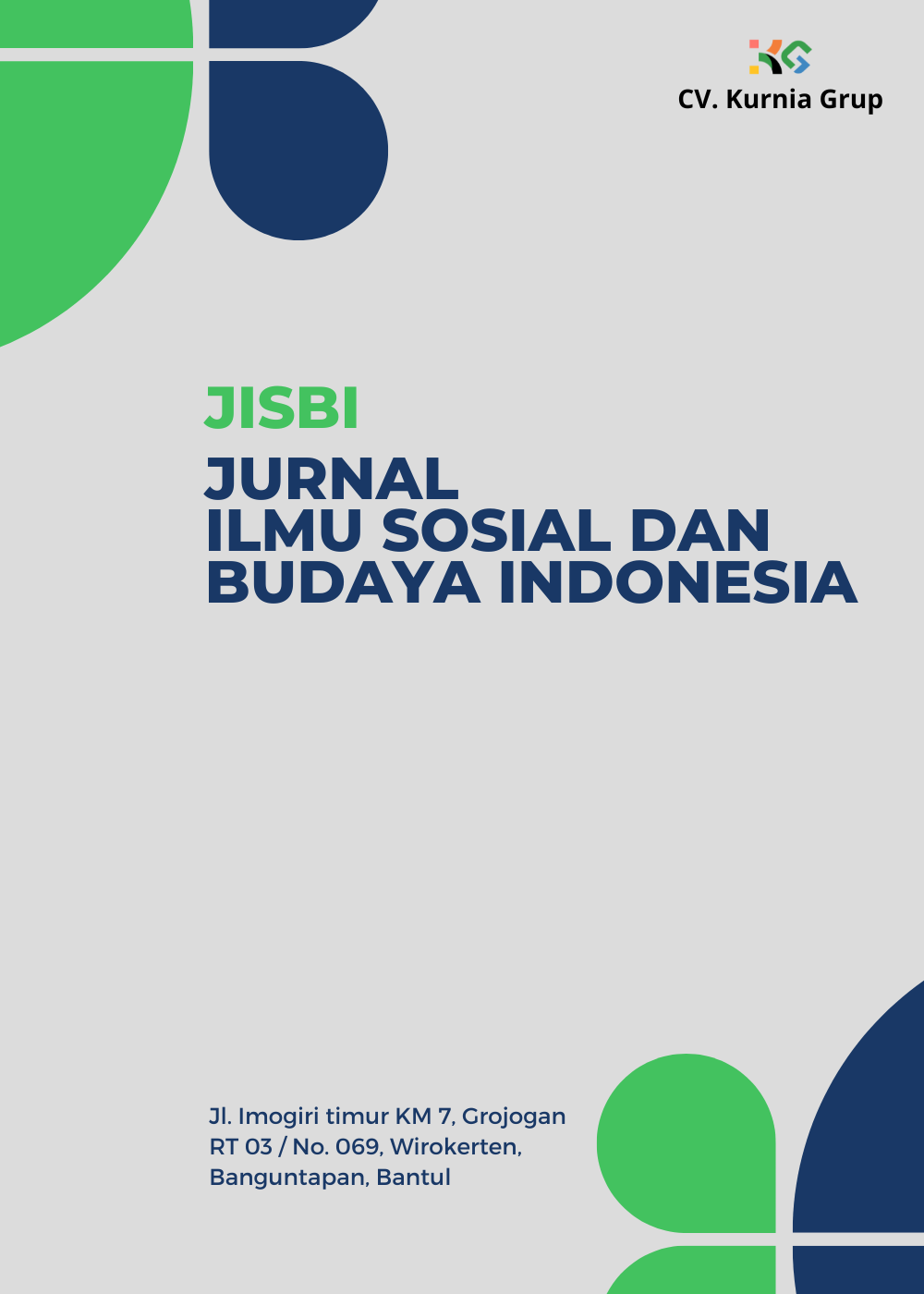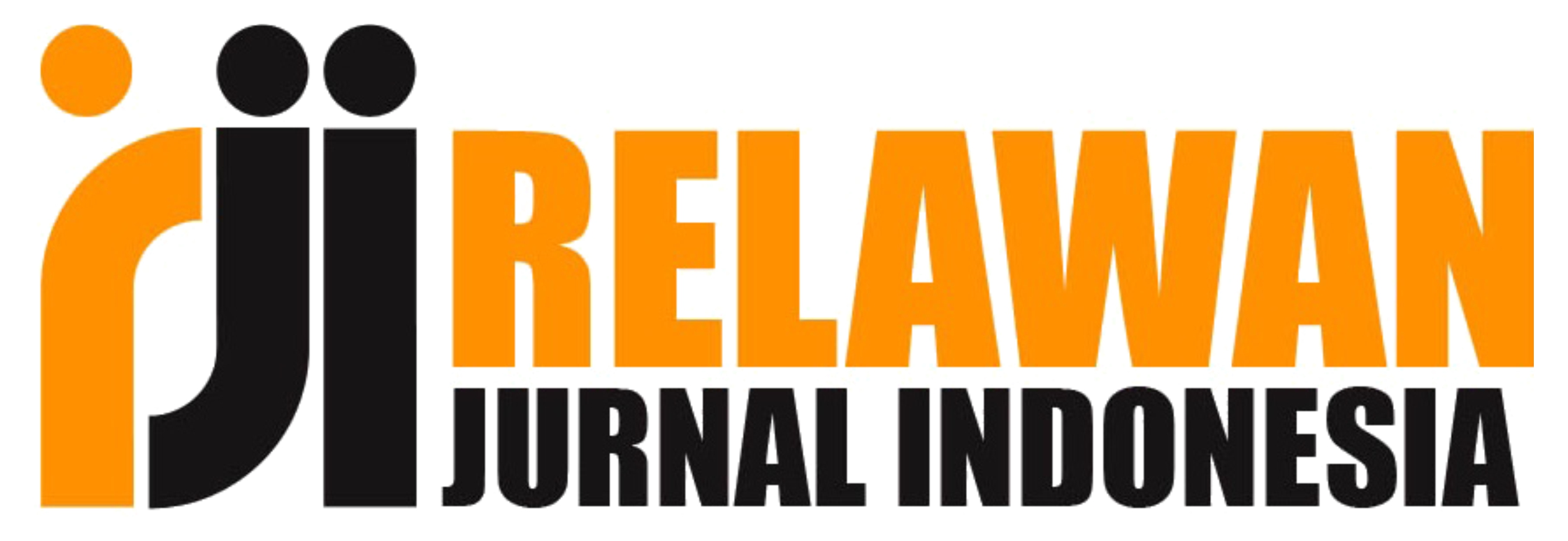Tantangan dan Strategi Pengembangan Perguruan Pencak Silat di Kota Tangerang Selatan
DOI:
https://doi.org/10.61476/58ee7128Keywords:
Pencak Silat, Education, South TangerangAbstract
This study aims to identify and analyze the challenges faced by pencak silat colleges in South Tangerang City, specifically related to limited training facilities and lack of educational support. Using quantitative methods, data was obtained through a survey involving 34 pencak silat colleges in the region. The survey consisted of several indicators including the availability of facilities, government support, integration of pencak silat in formal education, and the frequency of competitions attended by students. The results of the analysis showed that 78% of the perguruan experienced significant limitations in training facilities, with an average score of 4.2 out of a scale of 5. 65% of respondents also revealed a lack of government support in the form of facilities and infrastructure assistance, which was reflected in the average score of 3.8. In addition, 71% of colleges rated the importance of increasing the time and quality of pencak silat lessons in schools, with an average score of 4.1. The results of this study suggest increased government support in the provision of facilities as well as the integration of pencak silat in the physical education curriculum in schools. Thus, pencak silat in South Tangerang City is expected to develop more optimally and sustainably as part of Indonesia's cultural heritage.
References
Adiyanta, F. C. S. (2019). Hukum dan Studi Penelitian Empiris: Penggunaan Metode Survey sebagai Instrumen Penelitian Hukum Empiris. Administrative Law and Governance Journal, 2(4), 697–709. https://doi.org/10.14710/alj.v2i4.697-709
Andriawan, B., & Irsyada, R. (2022). Pembinaan Prestasi Ikatan Pencak Silat Indonesia (IPSI) di Kabupaten Wonosobo Tahun 2020. Indonesian Journal for Physical Education and Sport, 3(1), 205–213. https://doi.org/10.15294/inapes.v3i1.53544
Fajarwati, A. M., Syamsiyah, C., Wulandari, D. I., Amelia Ali, S. R., & Latifah, E. (2022). PENGARUH E-LIBRARY TERHADAP MINAT BACA PESERTA DIDIK KELAS 5 PADA MI MU’AWANAH. JIMR : Journal Of International Multidisciplinary Research, 1(02), 275–282. https://doi.org/10.62668/jimr.v1i02.450
Fernanda, A. (t.t.). KETERLAKSANAAN PEMBELAJARAN BELADIRI PENCAK SILAT DALAM PENDIDIKAN JASMANI OLAHRAGA DAN KESEHATAN DI SMA NEGERI SE- KOTA YOGYAKARTA.
Janna, N. M. (2020). Variabel dan Skala Pengukuran Statistik. https://doi.org/10.31219/osf.io/8326r
Khairunnisa, K., Lisyawati, E., Halimah, N., & Komara, E. (2024). Warisan Budaya Nasional Pencak Silat dalam Mewujudkan Profil Pelajar Pancasila. EduInovasi: Journal of Basic Educational Studies, 4(2), 87–102. https://doi.org/10.47467/edu.v4i2.1174
Nurcahyani, F., Nugroho, S., & Ma’mun, S. (2022). Motivasi Atlet Pencak Silat Dalam Meraih Prestasi di Kabupaten Karawang. Deskriptive Statistik.
Pujiono, A. R., Anshori, M. H., Ardhana, P. P., & Rohman, W. N. (t.t.). Pencak Silat Sebagai Warisan Budaya Nusantara dalam Bidang Pendidikan.
Sastrawan, P. B., & Spyanawati, N. L. P. (2023). PENCAK SILAT BAKTI NEGARA SEBAGAI WADAH PELESTARIAN BUDAYA BALI BERBASIS TRI HITA KARANA. 10.
Suwandi, Putri. R. (2024). Tantangan Perkembangan Pencak Silat di Kota Tangerang Selatan: Analisis Keterbatasan Fasilitas dan Pendidikan. 1(2).
Unesco, K. (2020, Februari 21). Pencak Silat Ditetapkan UNESCO sebagai Warisan Budaya Tak Benda. KWRI UNESCO | Delegasi Tetap Republik Indonesia untuk UNESCO. https://kwriu.kemdikbud.go.id/berita/pencak-silat-ditetapkan-unesco-sebagai-warisan-budaya-tak-benda/
Yasa, K. U. T., & Muliarta, I. W. (t.t.). Minat dan Motivasi Berlatih Atlet Pencaksilat Satria Muda Indonesia Komisariat Wilayah Buleleng Pada Masa Pandemic Covid-19.
Published
Issue
Section
License
Copyright (c) 2024 Fitrah Febri Salam, Suwandi, Nurfauzan Alfi, Nurfaizal Rosyid, Pinkan Claudia Aribowo (Author)

This work is licensed under a Creative Commons Attribution-ShareAlike 4.0 International License.












